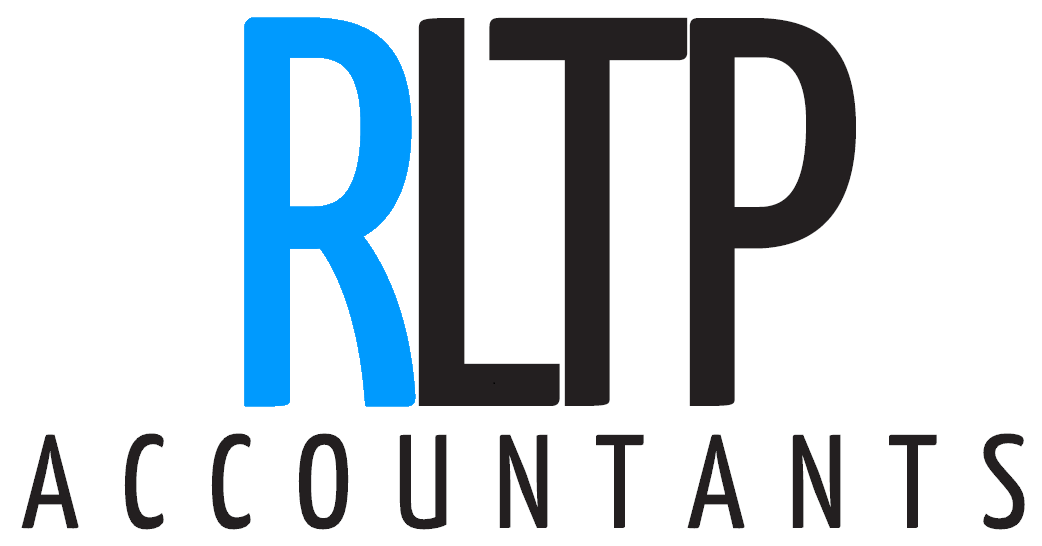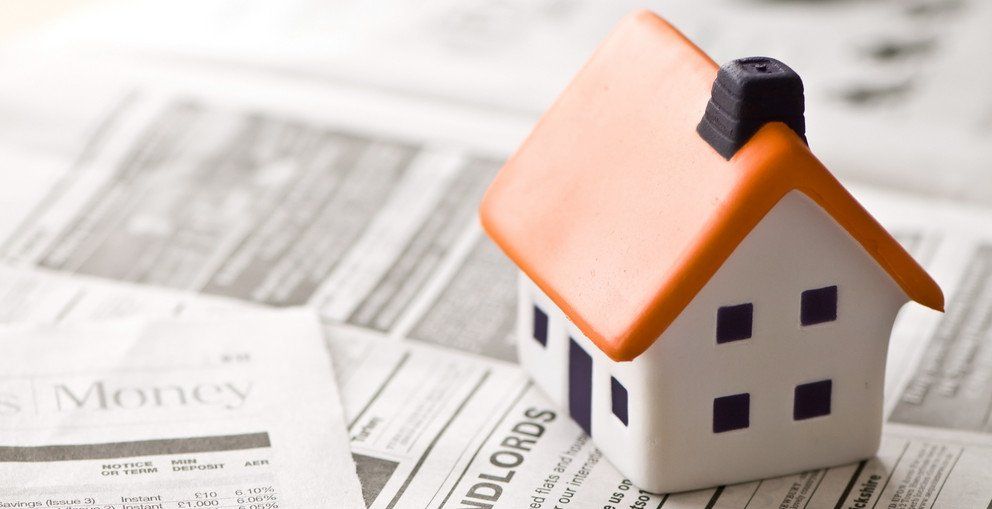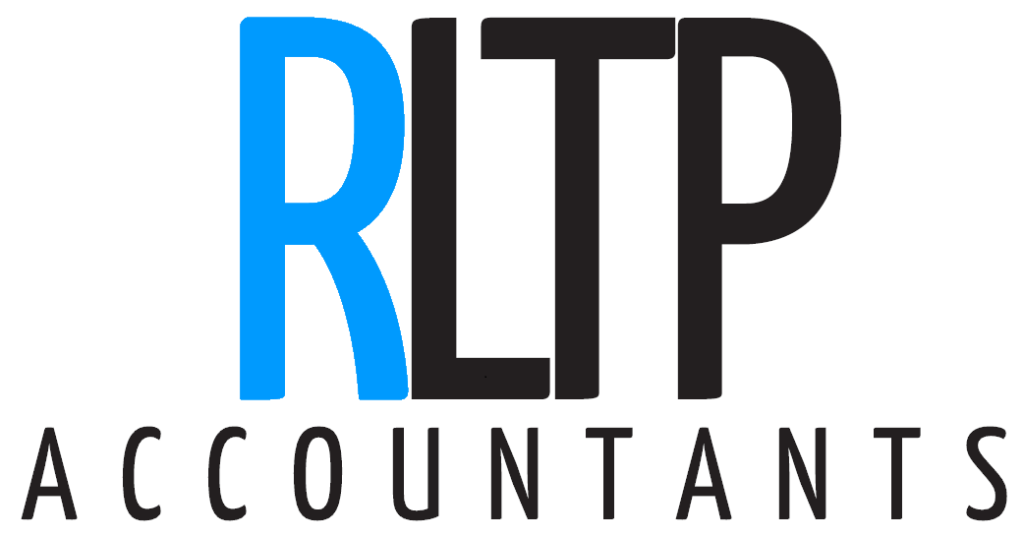When you start renting out a property you must inform HMRC as you will need to complete a tax return and may need to pay income tax. If you already have other income which requires a tax return you do not need to inform HMRC again, you can just add the source of income on to your next tax return.
The amount of profit will be based on your rental income less any allowable expenses. However, be aware that there are some new rules coming in soon for finance charges which I will explain next week. The rate of tax that you will pay is based on your other income. The tax rates are the same for rental property as self employed profits and employment income.
If you are a basic rate tax payer you will pay 20%, higher rate is 40% and additional rate is 45%.
It is worthwhile having a separate bank account for your rental income. It doesn’t need to be anything special, it can just be a normal current account. This will make it much clearer to see how much income you receive and which expenses are for your rental property. Expenses are often forgotten about if they are paid out of the same account as everything else.
You should bare in mind that there are two types of expenses, revenue and capital. Revenue expenses are expenses incurred in the day to day running and maintenance of the property. These can be offset against an income tax bill. Capital expenses are expenses that will increase the value of the property, such as a improvements to the property, or extensions. These cannot be deducted from an income tax bill, but can potentially be offset against a profit for capital gains tax purposes.
If you make a profit, you will need to pay tax on it at your current tax rate. If you make a loss, you can carry it forward and offset it against any profit that you make in the next tax year.
If you are a landlord and would like to know more, or you would like us to complete your tax return, you can contact us here.


